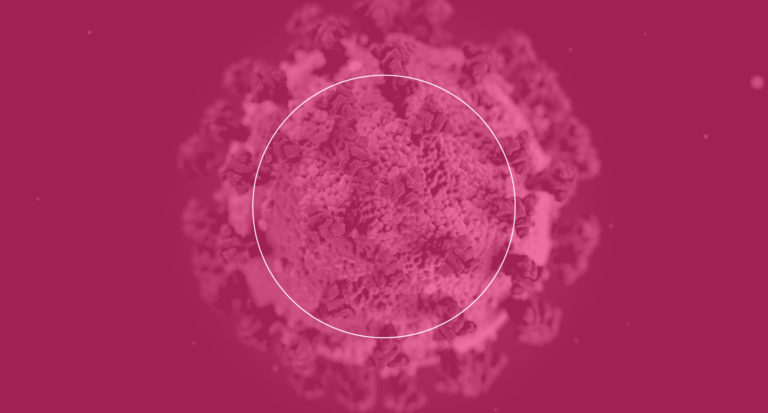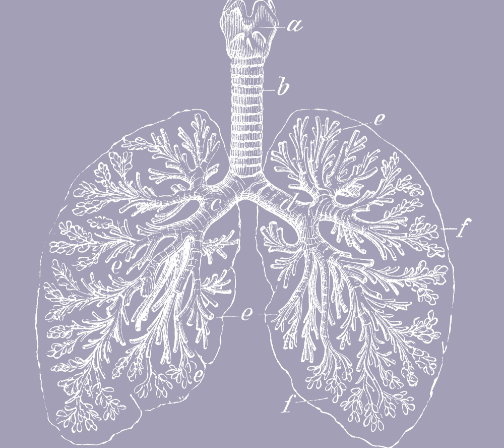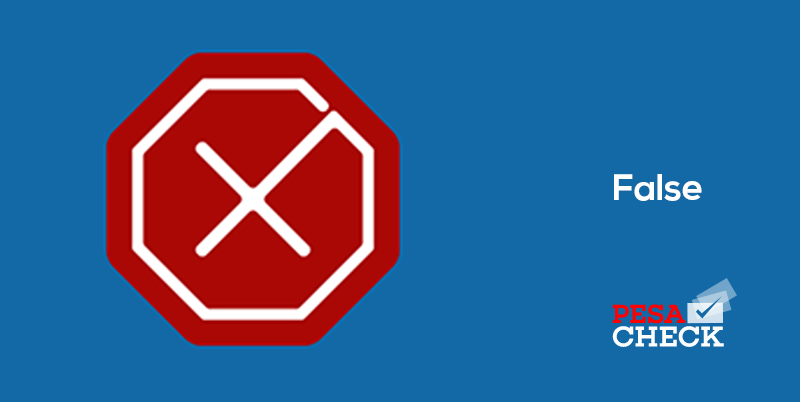


Subscribe
Data delivered to your inbox. Keep up with the latest developments.Covid-19 can be transmitted in all areas, regardless of climate.

A Facebook post claiming that COVID-19 cannot spread in warm weather is FALSE.
The post, published on March 16, 2020, contains a statement attributed to a Dr Khin Maung U, and states that a ‘Director Zhenxing’ had communicated that the ‘Wuhan virus’, in this case the coronavirus that causes COVID-19, is not heat resistant.
The statement does not state either the doctor or director’s affiliations or organizations.
Director Zhenxing could be a reference to Zhenxing Gao of the Wuhan Institute of Virology, but this cannot be verified since his full name is not given in the statement.
The post claims that the virus that causes COVID-19 can be killed in temperatures of 26 to 27 degrees, and adds that eating more ginger, garlic, hot chillies while avoiding cold weather and ice water will prevent the disease..
However, the World Health Organization (WHO) has debunked the claim that COVID-19 cannot be transmitted in hot areas. According to the UN agency, COVID-19 can be transmitted in all areas, including hot and humid weather areas.
Normal human body temperature is between 36.5°C and 37°C, regardless of the external temperature or weather, meaning that the claim that the virus is killed in temperatures of 26–27 degrees is false.
The claim that eating garlic will prevent COVID-19 is also false. The WHO states that while garlic is a healthy food that has antimicrobial properties, there is no evidence that eating it can protect people from the new coronavirus.
The WHO’s recommended protection measures against COVID-19 are regular cleaning of hands with alcohol-based hand rubs or soap and water, social distancing by maintaining at least one metre (three feet) distance from other people, and coughing and sneezing into one’s bent elbow rather than onto one’s hands.
In addition to these measures, the WHO recommends self-isolation and promptly seeking medical advice if symptoms of COVID-19 — fever, cough and difficulty breathing — begin to develop.
PesaCheck has looked into the claim that warm weather can prevent the transmission COVID-19 and finds it to be FALSE.
This post is part of an ongoing series of PesaCheck fact-checks examining content marked as potential misinformation on Facebook and other social media platforms.
By partnering with Facebook and similar social media platforms, third-party fact-checking organisations like PesaCheck are helping to sort fact from fiction. We do this by giving the public deeper insight and context to posts they see in their social media feeds.
Have you spotted what you think is fake news or false information on Facebook? Here’s how you can report. And, here’s more information on PesaCheck’s methodology for fact-checking questionable content.
This fact-check was written by Fact-Checker Linda Ngari and edited by PesaCheck Deputy Editor Enock Nyariki.
The article was approved for publication by PesaCheck Managing Editor Eric Mugendi.
PesaCheck is East Africa’s first public finance fact-checking initiative. It was co-founded by Catherine Gicheru and Justin Arenstein, and is being incubated by the continent’s largest civic technology and data journalism accelerator: Code for Africa. It seeks to help the public separate fact from fiction in public pronouncements about the numbers that shape our world, with a special emphasis on pronouncements about public finances that shape government’s delivery of Sustainable Development Goals (SDG) public services, such as healthcare, rural development and access to water / sanitation. PesaCheck also tests the accuracy of media reportage. To find out more about the project, visit pesacheck.org.
PesaCheck is an initiative of Code for Africa, through its innovateAFRICA fund, with support from Deutsche Welle Akademie, in partnership with a coalition of local media and other civic watchdog organisations in 14 African countries.








